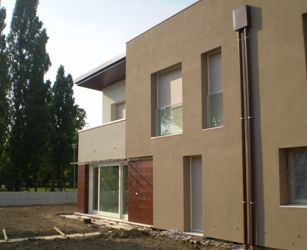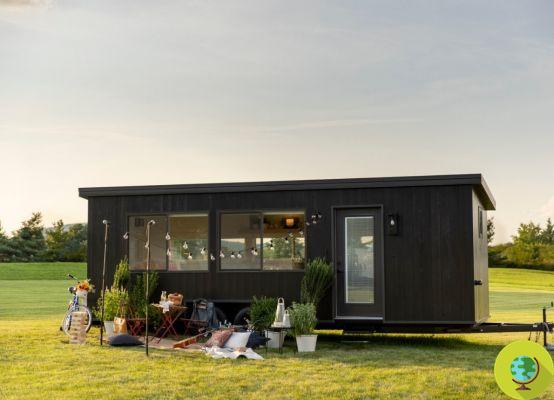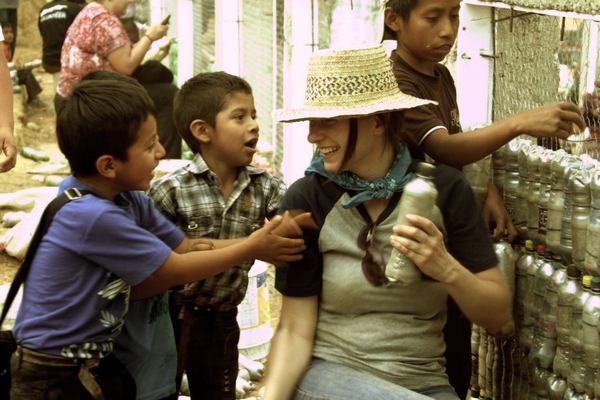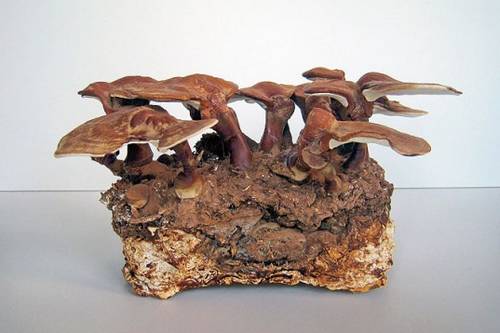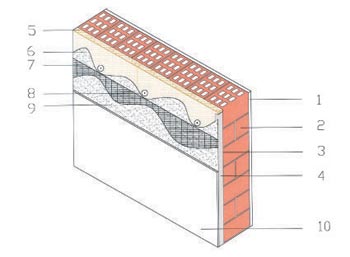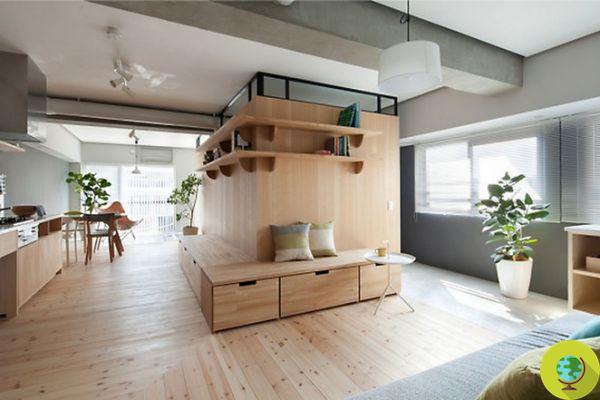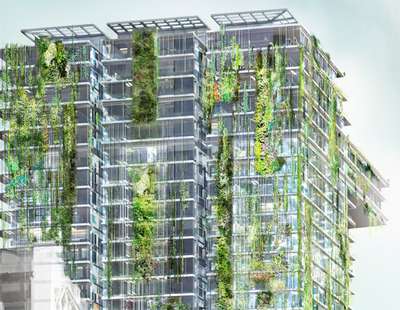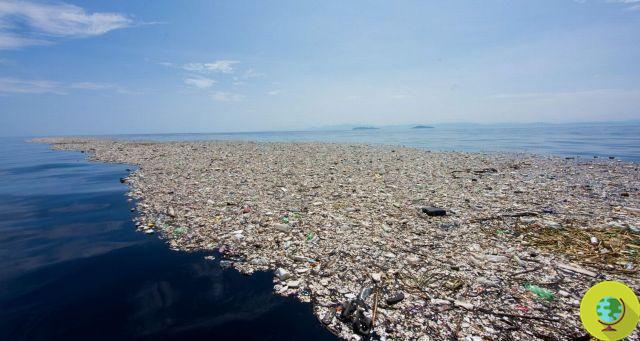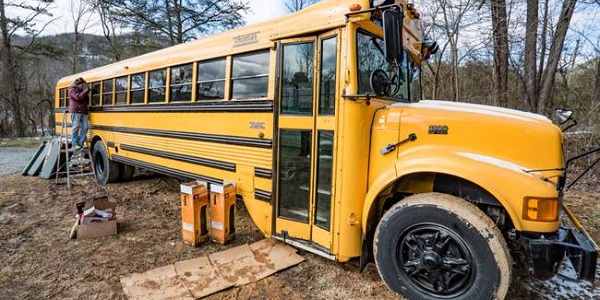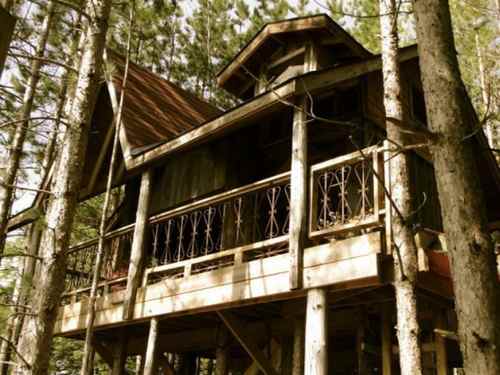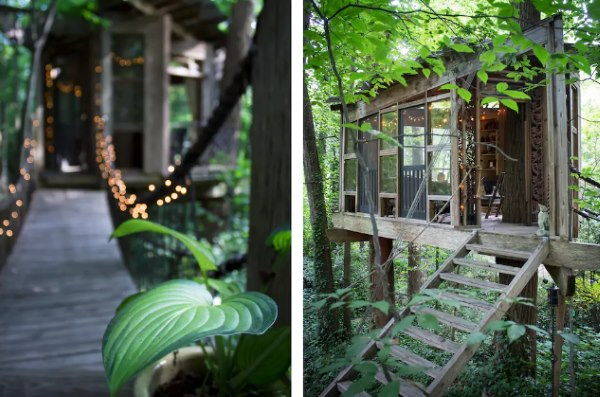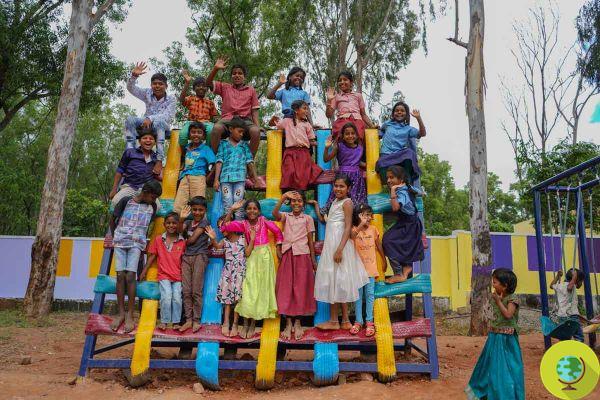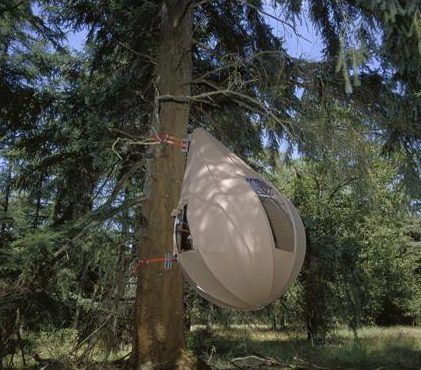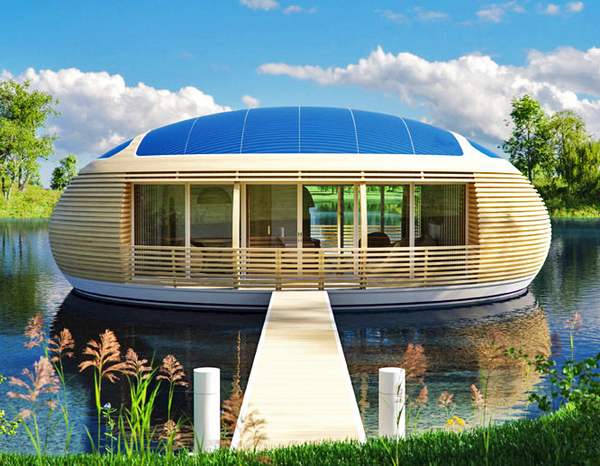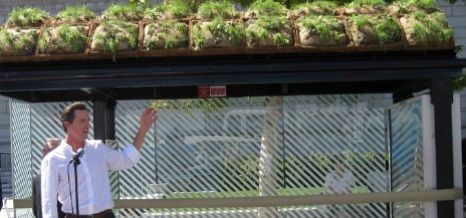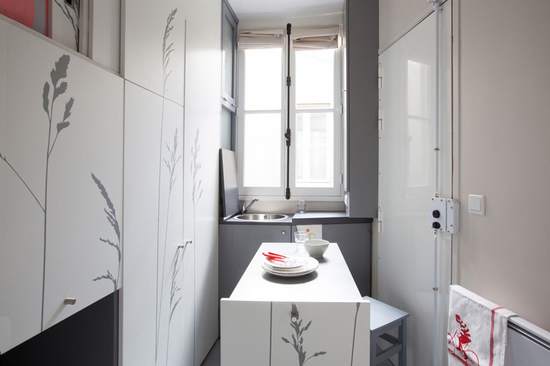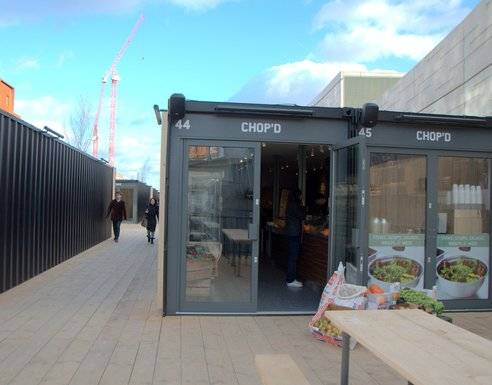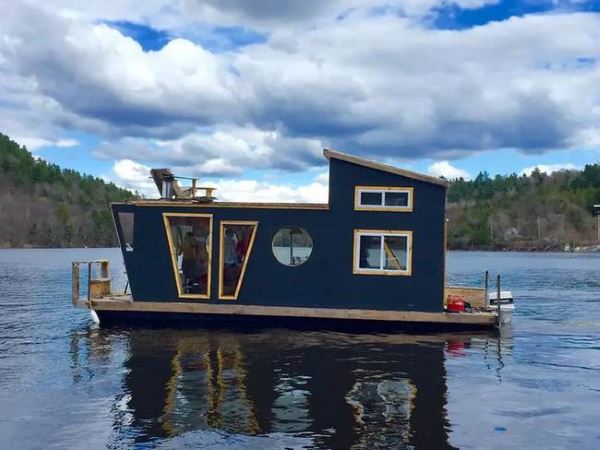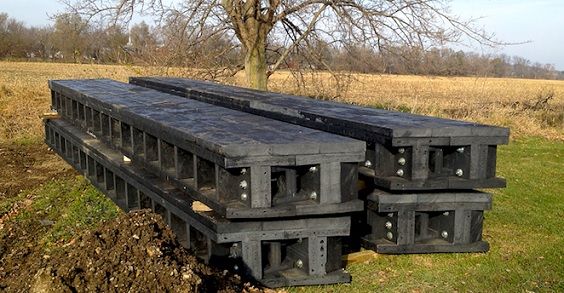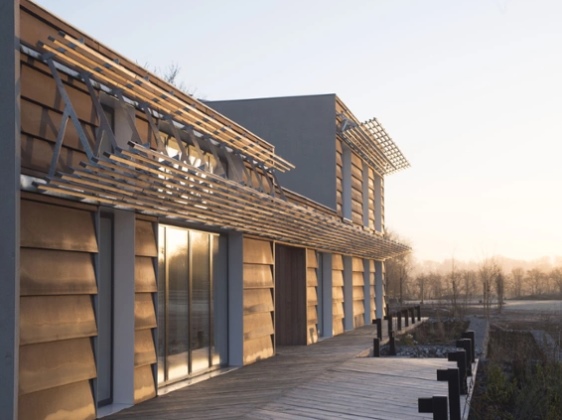Woodpecker's innovative and sustainable building system allows access to housing and educational facilities in rural areas.
He is about to end up run over, his mother saves himStart-up Woodpecker has created an innovative construction system based on the circular economy that allows access to housing and educational facilities in rural areas.
The third coffee producing country in the world is Colombia, and it is precisely there that Woodpecker, a start-up in Bogota, has given a change to the use of this precious grain, designing a sustainable alternative construction system in which they are used as raw materials coffee peels and plastic waste.
READ ALSO: With HempWood, hemp revolutionizes the wood industry and fights deforestation
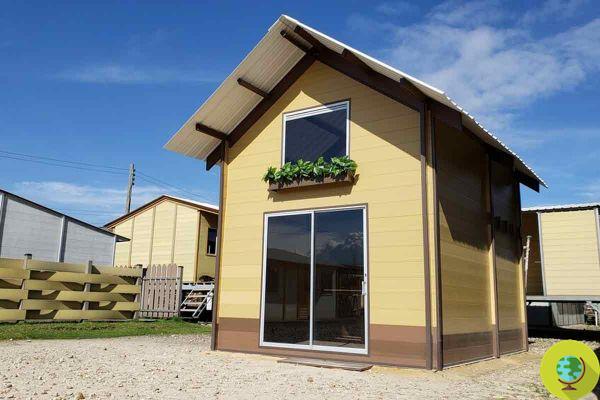
©Woodpecker
Thanks to the natural properties of the coffee shell - a material that can be recovered during the roasting phase similar to the paper that wraps the bean - it was possible to obtain a durable construction material, lightweight, economical, fire resistant and versatile that is used to make prefabricated houses and classrooms in vulnerable Colombian areas at an affordable price: around 3750 euros per home.
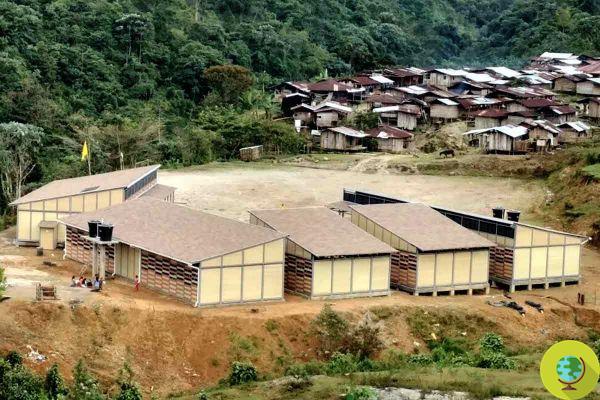
School in Bagadó, Colombia © Woodpecker
At Woodpecker, seeing how large quantities of coffee peel were normally treated and discharged as waste, also contributing to the increase in methane emissions, it was thought to find a way to use them as raw material combined with plastic waste to create a new material to much more sustainable construction.
Considering that the South American country is among the world leaders in the production of coffee and that for many Colombians it is a challenge to have a home worthy of the name, the idea could not be anything but brilliant. They managed to find a way to exploit excess waste by helping to solve a big problem for the country.
In some parts of the world, building schools and homes is not that easy. Being able to reach remote places with building materials light enough to be transported in a small boat, helicopter or donkey is essential.
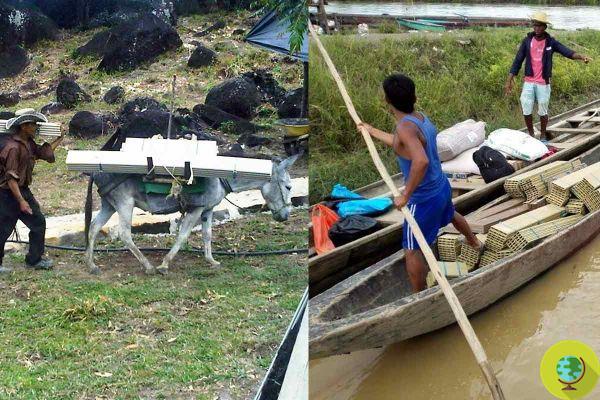
©Woodpecker
“We saw that there was a great need for a lightweight construction system for houses and classrooms in rural and isolated places where traditional building systems, such as brick, concrete and concrete, cannot go ”, explains Alejandro Franco, general manager of Woodpecker.
Green building, circular economy, coffee, reduction of plastic, access to a house… the dimensions of this project are enormous and of great environmental and social impact. Thanks to the Woodpecker, from now on sipping a cup of coffee will be an even more special moment.
You might also like:
- The world's first 3D printed school is about to be built in Madagascar
- In Chile this chandelier offers free electricity and drinking water by taking advantage of the sun and the sea
- Extraordinary bamboo, a thousand uses and applications of "green steel"
- The Empire State Building is now entirely powered by wind (and other renewables)
- The start-up of this Kenyan woman recycles tons of plastic into bricks harder than concrete




